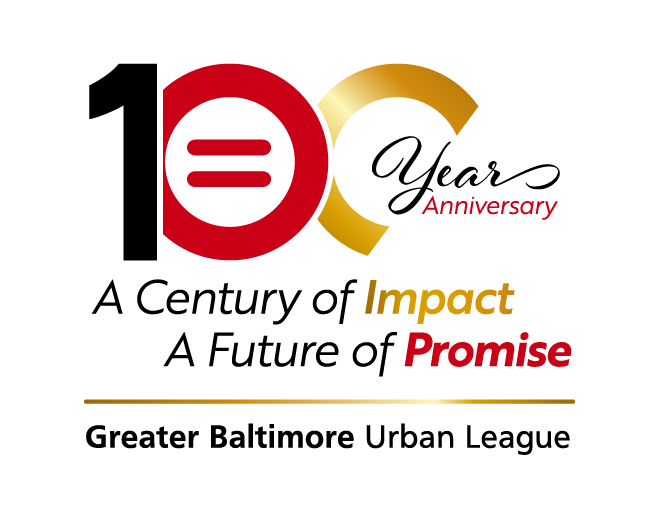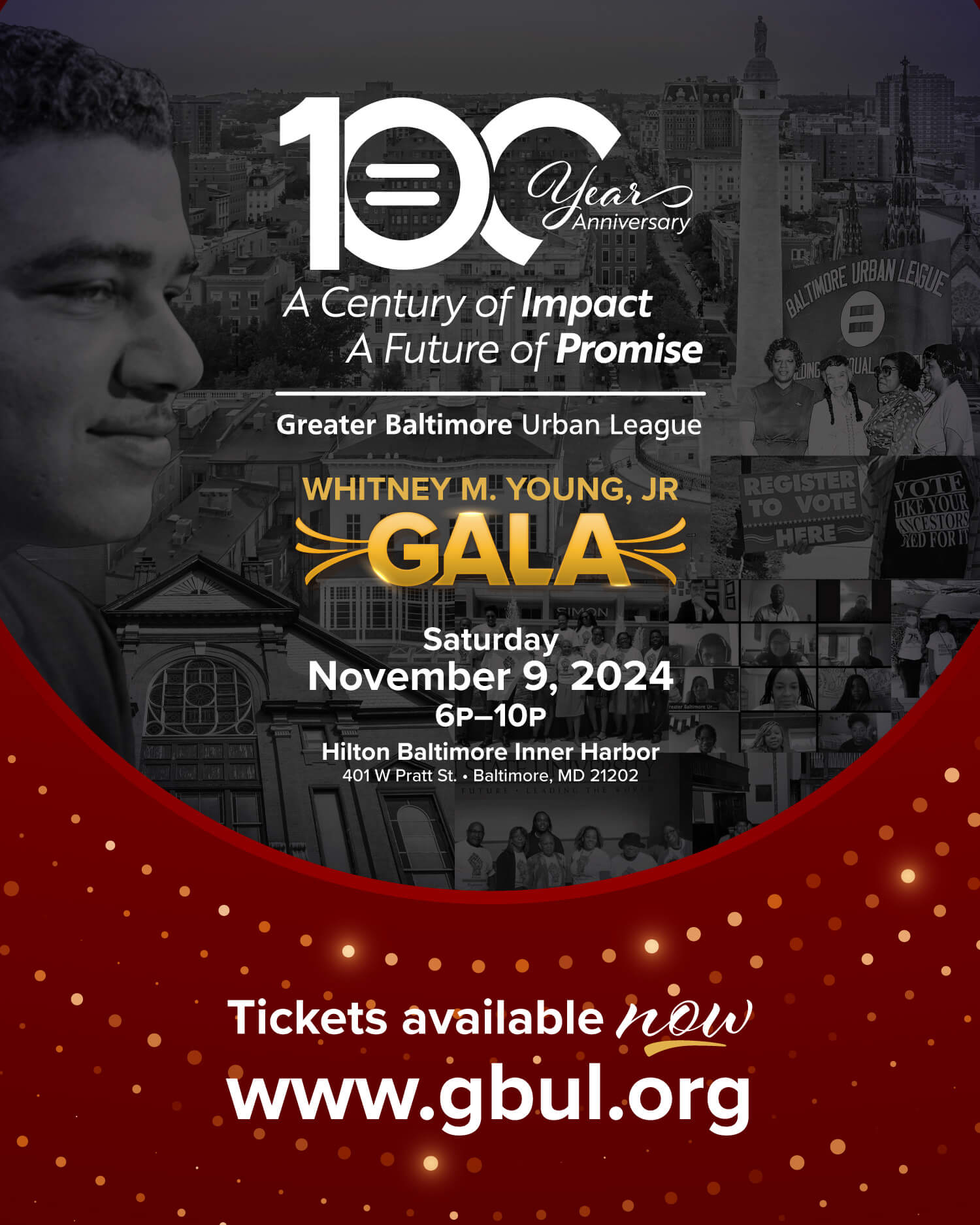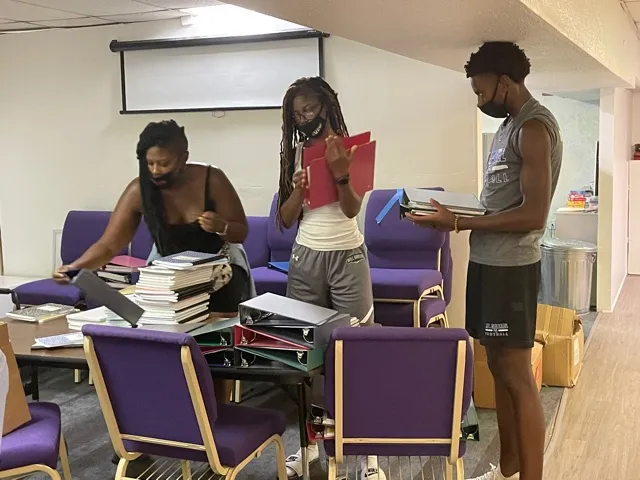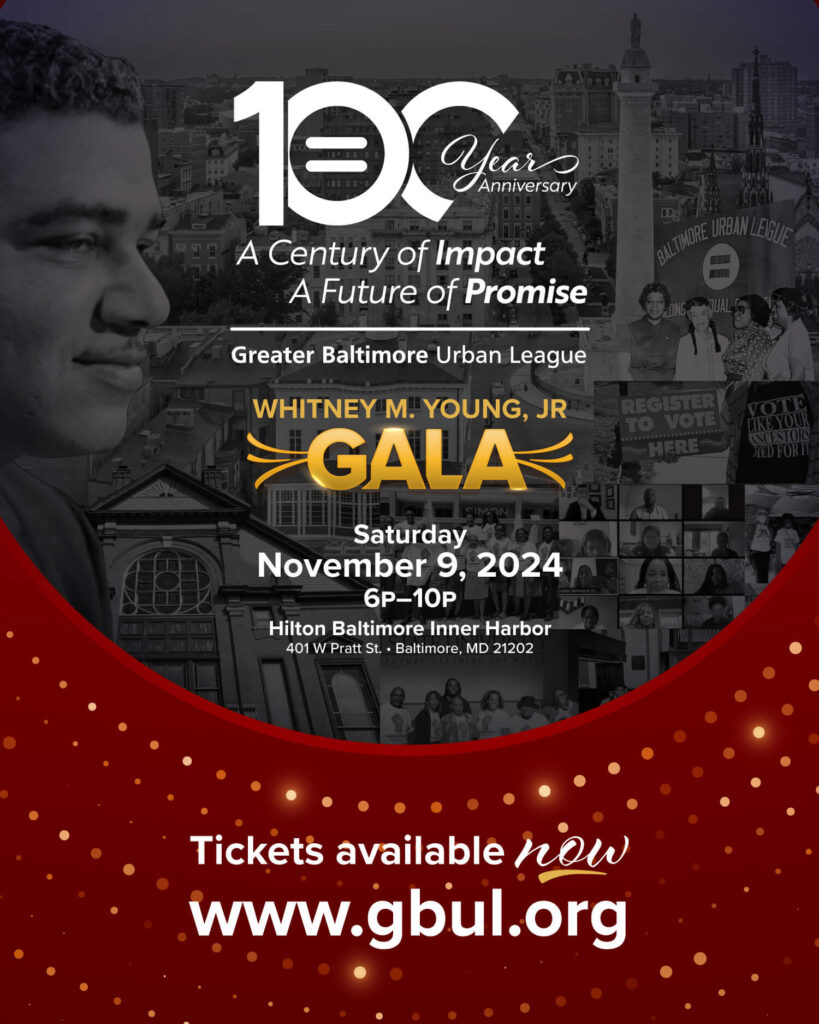Greater Baltimore Urban League Spotlight On Maryland Gina Crash Caught Up With GBUL’s Executive Operations Manager Tershea Ewell This week on Spotlight On Maryland, Gina Crash caught up with Tershea...
Read MoreGreater Baltimore Urban League Celebrates
100
years
of Empowerment
A Century of Impact. A Future of Promise.
November 9, 2024
Centennial Gala
The Greater Baltimore Urban League is celebrating 100 years of impact in 2024!
On Saturday, June 8, 2024, The Greater Baltimore Urban League kicked off its 100th anniversary campaign, A Century of Impact, A Future of Promise. For a century, we’ve been at the forefront of empowering communities and advancing civil rights. As we mark this incredible milestone, we’re not just looking back—we’re fueling the future. This exciting celebration includes special community events, short biographical documentary, a signature golf tournament on October 10th, and a grand gala on November 9th. The campaign will also spotlight local and national leaders who have empowered Black communities in the Greater Baltimore region. Join us as we reflect on the progress we’ve made, honor the ongoing fight for equality and continue driving change for the next 100 years.
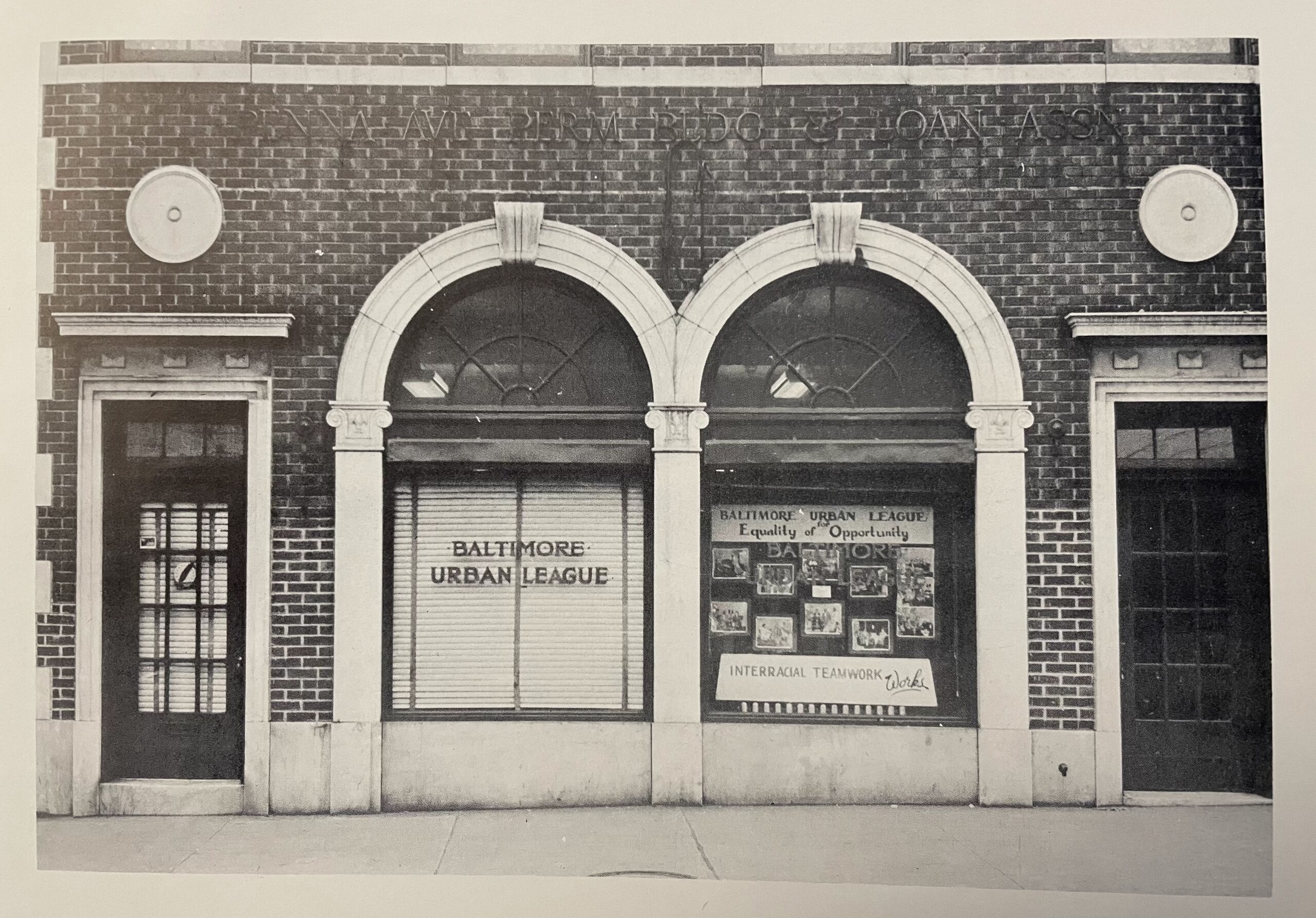

The Greater Baltimore Urban League, originally known as the Baltimore Urban League, was organized and chartered by the National Urban League in December 1924. Inspired by the 1919 Hague Conference in Europe after World War I, Baltimore clergyman Rev. Peter Ainslie returned home with a mission: to improve living conditions and job opportunities for Baltimore’s Black residents. Over the past 100 years, this organization has grown in size and impact, becoming the leading force for empowering Black people economically and socially. Scroll down to follow our story through the past century.
GALA Honorees
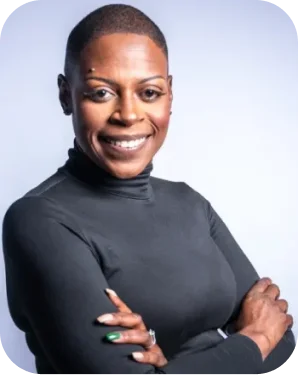
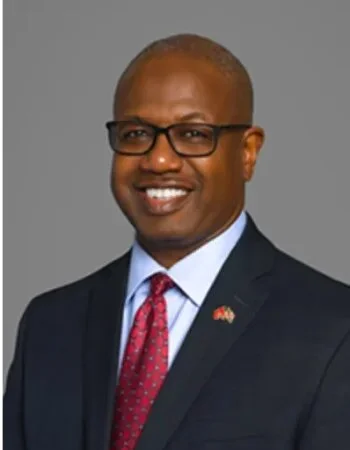


Register to attend
November 9, 2024
Centennial Gala
Individual Seating
$300 Donation
- 1 Premium Reserved Table at Gala Dinner
- 1 Half-page ad in the gala booklet
- Company logo on promotional
- Company logo on promotional materials and social media
- Inclusion in press releases promoting the gala
- Brand signage at gala
- 1 Premium Reserved Table at Gala Dinner
- 1 Half-page ad in the gala booklet
- Company logo on promotional
- Company logo on promotional materials and social media
- Inclusion in press releases promoting the gala
- Brand signage at gala
Baltimore Urban League Early Milestones
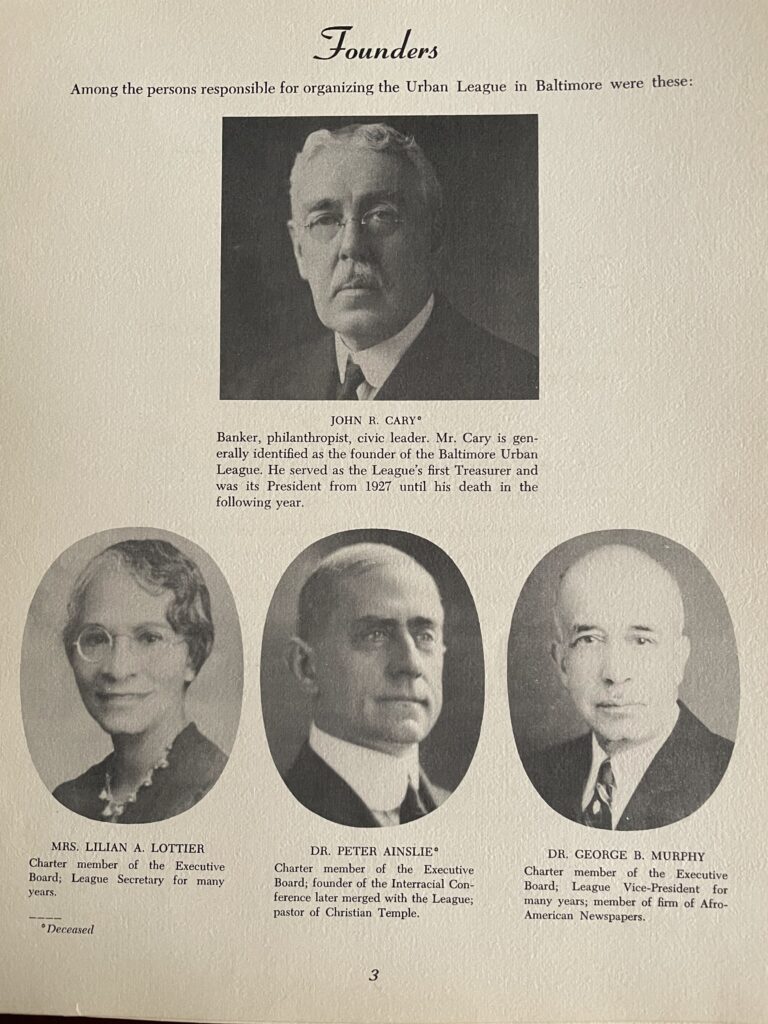
© All rights reserved Copyrights 2023 | gbul.org
